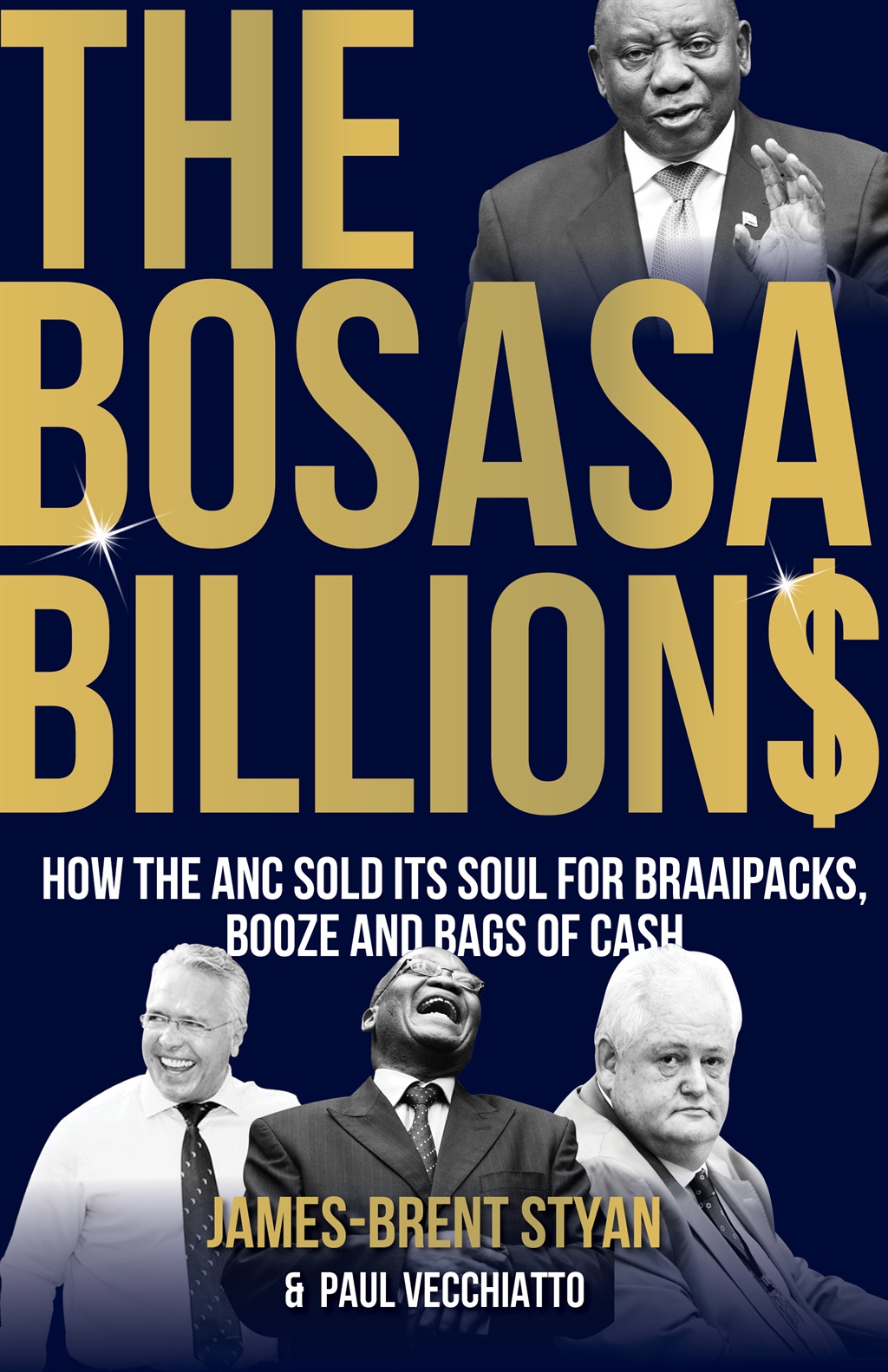
Between 2007 and 2009 the Special Investigating Unit (SIU) investigated Bosasa and in response the Bosasa bosses set about constructing an impenetrable legal fortress to shield the company. The multi-pronged strategy ranged from attempts to thwart the prison tender probe in court, to allegedly bribing high-ranking officials of the National Prosecuting Authority (NPA) and deleting evidence from the company's servers. Inside the company, top executives were pressured to hold the line and warned of the consequences of breaking ranks.
The SIU probe was hamstrung almost from the start. From the outset, soon after it had been authorised by then president Thabo Mbeki in 2007, Bosasa launched an application for a High Court interdict to block the investigation.
The SIU eventually reached an agreement whereby it was allowed to continue with the investigation, but precluded from interviewing certain key witnesses, like the Bosasa boss Gavin Watson and other senior executives.
"That obviously led to the scope of the investigation being limited quite significantly," said Clinton Oellermann, the SIU's lead investigator.
The reason for these seemingly generous concessions by the SIU remains shrouded in mystery to this day. Oellermann said he still had no idea why they had been granted. In a request for comment, Advocate Willie Hofmeyr, then the head of the SIU, referred all queries back to the SIU, stating that the matter had happened a long time ago.
READ: Adriaan Basson –Bosasa and I
Besides the interdict application, Bosasa also stymied the investigation in other ways, said Oellermann. At one stage, the company approached the SIU with startling inside information: They had heard that the unit was planning to conduct a search-and-seizure operation at their premises. Oellermann was adamant that he and his team did not provide Bosasa with this sensitive information. He had no idea who the informant was.
"They approached us through their lawyers and there was an agreement that they would allow us access to their servers and image them digitally and forensically."
But Bosasa said that they needed time to prepare and requested a postponement of the search. According to Oellermann, his superiors at the SIU granted the request. By the time the SIU obtained access to the servers, thousands of files had been deleted using the software program Eraser. "I think over 40 000 files were intentionally destroyed or deleted from the server," Oellermann said.
Bosasa blamed a server crash for the loss of information. "The obtaining of documentation referred to by you is proving more challenging than initially anticipated. In this regard we annex the Bosasa IT disaster log dated 8 November 2007 from where it is apparent that Bosasa's server crashed on that date with a catastrophic loss of information," a lawyer's letter sent on behalf of the company read.
SIU blocked
In addition to the direct legal road blocks set up by Bosasa, the SIU team was also constrained by the presidential proclamation authorising the initial probe.
As is customary, it laid down strict parameters for the investigation. "With this investigation, it related to four tenders at the Department of Correctional Services. They are commonly referred to as the kitchens tenders, the access control tender, the fencing tender and the television tender," Oellermann explained.
While the SIU team came across "significant" irregularities unrelated to the prison tenders, because there was no additional proclamation, the SIU could not legally pursue them. These irregularities included tenders from the Department of Home Affairs and the Airports Company South Africa (Acsa). "We were not able to test the allegations because they fell outside of our proclamation," Oellermann said.
Despite the obstacles they faced, the SIU investigators were still able to find ample evidence of corruption, culminating in the damning report presented to Parliament in 2009.
However, there was no mention of one key figure: Gavin Watson. Oellermann said the Bosasa CEO was omitted from the report because investigators were precluded from interviewing him according to the agreement struck following the company's application for an interdict against the SIU. According to Oellermann, the SIU investigators did uncover information that implicated Watson but "never had the opportunity to test these allegations with him, or present evidence to him or anything like that". The information showed Watson was "aware of what was going on at all times and was in fact at the forefront of the irregularities that had been identified".
Oellermann pointed out that a lot of the evidence against Watson was based on hearsay. "We were informed that you would never find Mr Watson's signature on a document, you would never find an email that he had sent or anything like that. He tried to keep his nose clean or out of the document chain."
According to Angelo Agrizzi, Watson would boast about the fact that he was not mentioned in the report.
Bosasa also pulled every political lever at its disposal. After the final SIU report was submitted in 2009, it took the company only a day or two to get its hands on the confidential document. Only four people received the final copy of the report: Nosiviwe Mapisa-Nqakula, at the time minister of correctional services, Jenny Schreiner, acting national commissioner of correctional services, Advocate Willie Hofmeyr, head of the SIU, and Advocate Suad Jacobs, the programme manager for the SIU investigation. A copy was also submitted to the SIU archive. The four individuals and the archive all received hard copies of the report; no electronic versions were distributed. Still, within a matter of days Bosasa had its hands on a copy. By the time Oellermann left the SIU in 2012, nothing had come from the damning report he and his fellow investigators had compiled.
* This extract was taken from The Bosasa Billions written by James-Brent Styan and Paul Vecchiatto and published by LAPA.




 Publications
Publications
 Partners
Partners











